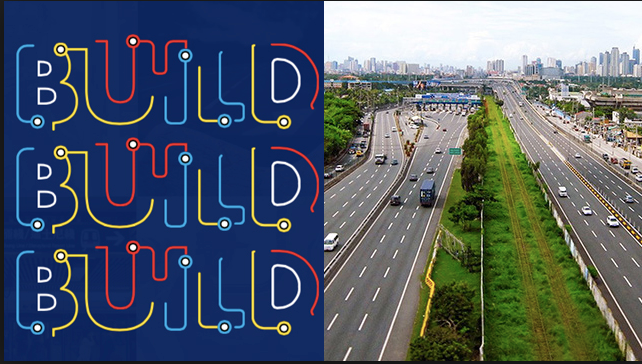Even as President Trump and Republicans in Congress seek to cut federal taxes, the White House has quietly come up with a very different plan for infrastructure: It wants to reward states and localities willing to raise taxes or other revenue to pay for new projects.
The dynamic is key to the Trump administration’s latest thinking on an infrastructure bill aimed at spurring a $1 trillion investment in the nation’s ailing roads, bridges, rail lines and airports. Originally touted by Trump as a first 100-days initiative — and one with the prospect for bipartisan support — it has stalled amid other bruising legislative battles.
The approach now being contemplated is considered innovative by some infrastructure experts but also carries considerable political and economic risks for Trump.
While some in his own party remain wary of any new spending, many state and local officials and Democrats in Congress would like to see a more robust federal investment. Washington would cover only $200 billion of the $1 trillion tab under the legislation being developed. Some also worry that taxes and fees raised at the local level could cancel out any potential benefits of a federal tax bill for their constituents.




